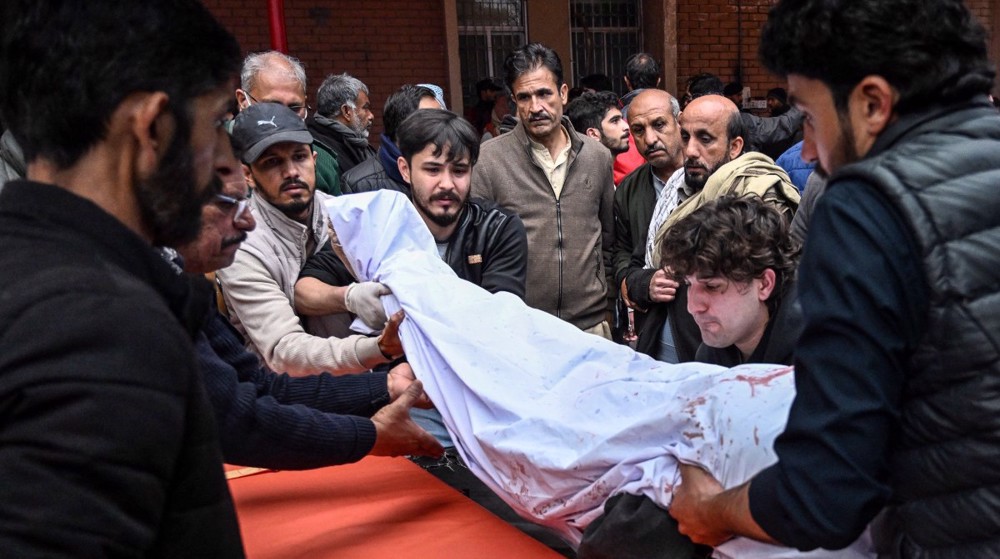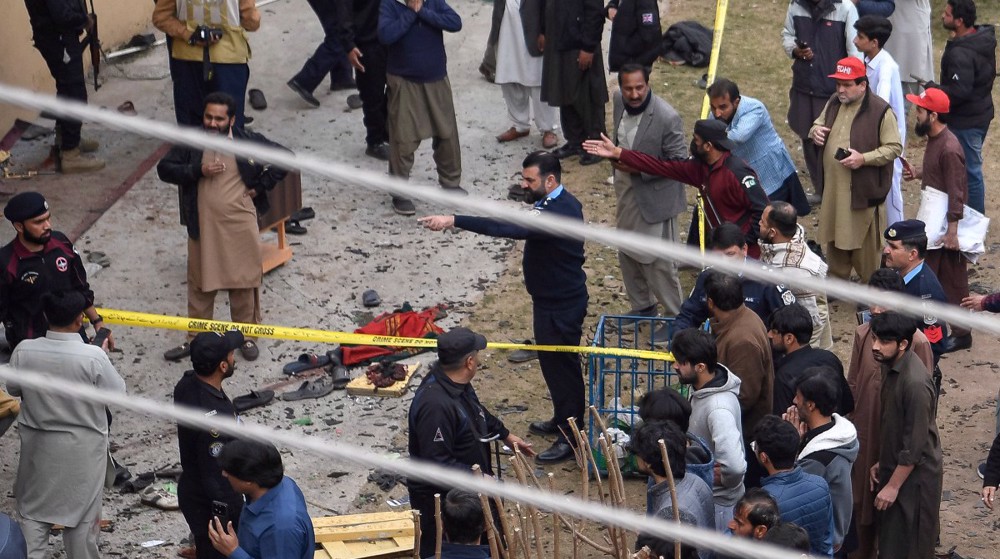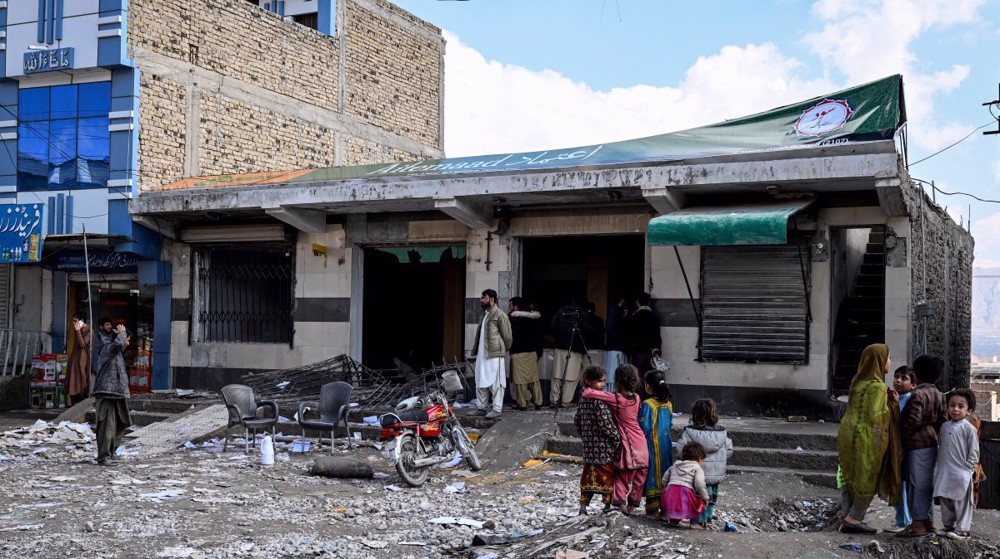Taliban negotiators in Islamabad for talks with Pakistani officials
Pakistan has invited key members of the Taliban’s negotiating team to Islamabad, where senior officials are to convince them on the importance of starting talks with the Afghan government.
Foreign Minister Shah Mahmood Qureshi told a press briefing on Monday that negotiations between the two sides were “the only way forward” in Afghanistan.
“The delegation is in Islamabad and we will have a round of talks with them tomorrow as part of efforts aimed at (building) mutual confidence,” Qureshi said.
“This is for Afghans to reconcile, and our task is that of facilitator.”
“The main objective is to secure peace and the next phase should be the start of intra-Afghan dialogue.”
Talks between the Taliban and the Afghan government stalled again in the wake of a controversial prisoner swap.
The both sides had signaled they were prepared to start negotiations immediately after the Muslim festival of Eid, which ended earlier this month.
The swap has stumbled over the final few hundred prisoners. Kabul is reluctant to release ‘dangerous’ Taliban militants tied to deadly attacks.
In October 2019, Mullah Abdul Ghani Baradar – the Taliban's co-founder who spent eight years in Pakistani custody – led a delegation to Islamabad ahead of a deal the insurgents signed in February with Washington.
On Sunday, Taliban spokesman Suhail Shaheen tweeted that Baradar and other negotiators would discuss "recent developments in Afghanistan's peace process, relaxation and facilitation of peoples' movement and trade between the two neighboring countries."
Islamabad has said its influence over the Taliban encouraged the militants to join talks with the United States.
Tensions remain between Islamabad and Kabul, with the administration of President Ashraf Ghani frequently blaming Islamabad for allegedly sheltering, funding and supplying the Taliban.
Pakistan, which was one of only three countries to recognize the Taliban regime in the 1990s, denies the claims.
Kabul says elements in the Pakistani spy agency, Inter-Services Intelligence (ISI), are to blame for supporting the Taliban. Islamabad blames the Afghan government for giving refuge to militants on its side of the border.
Afghanistan has been gripped by insecurity since the United States and its allies invaded the country as part of Washington’s so-called war on terror in 2001. Many parts of the country remain plagued by militancy despite the presence of foreign troops.
Senior civilian and military officials in Islamabad have frequently said the US government is making Pakistan a scapegoat to cover Washington’s failure in Afghanistan.
Iraq executes ex-Saddam official over 1980 killing of Shia cleric Baqir al-Sadr
Iran could dilute 60% enriched uranium if ‘all sanctions lifted’: Nuclear chief
FBI chief vows to ‘hunt down’ those who kill American citizens – except Israel
VIDEO | Exclusive: Armed Forces spokesman says Iran will never give in to US pressure amid talks
Iran‑US talks ‘good opportunity’ to resolve nuclear issue: President Pezeshkian
Iran seeks result-oriented talks, progress depends on US seriousness: Araghchi
VIDEO | Efforts to stabilize Gaza Strip hitting diplomatic wall
Decades of broken promises, aggression, Israeli pressure leave Iran no reason to trust US: Analyst












 This makes it easy to access the Press TV website
This makes it easy to access the Press TV website